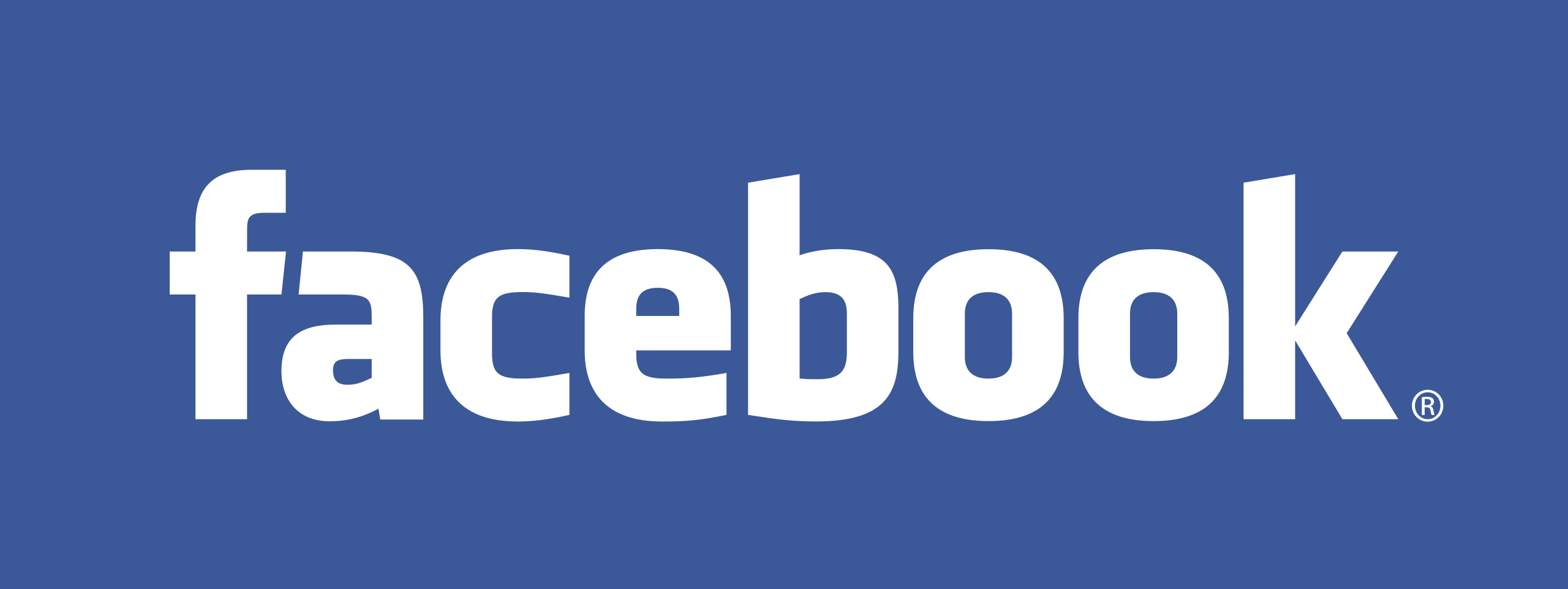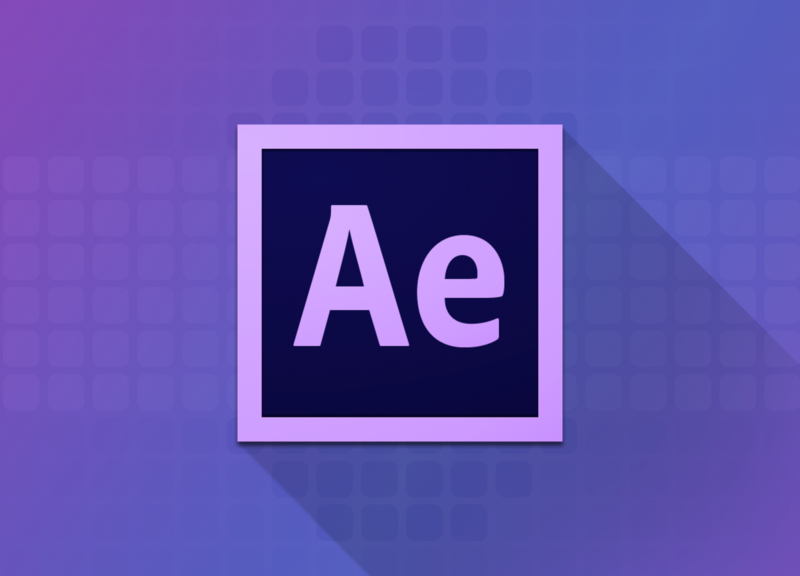Facebook is a social media platform that connects billions of people around the world. It allows users to create profiles, share photos, videos, messages, and other content, join groups, follow pages, play games, and use various apps. Facebook also owns other popular services such as Instagram, WhatsApp, Messenger, and Oculus.
Since its launch in 2004, Facebook has grown to become the most used social network in the world, with nearly 3 billion monthly active users as of 2021. It has also become one of the most influential and controversial companies in the digital economy, facing challenges such as misinformation, privacy, regulation, competition, and innovation.
In this article, we will explore the history, achievements, challenges, and future of Facebook, and how it has changed and shaped our social lives, culture, and society.
The History of Facebook
Facebook was founded by Mark Zuckerberg and his college roommates and fellow Harvard University students Eduardo Saverin, Dustin Moskovitz, Chris Hughes, and Andrew McCollum in February 2004. The idea was to create a website where Harvard students could create online profiles, upload photos, and communicate with each other. The website was initially called TheFacebook and was only open to Harvard students, but soon expanded to other colleges in the Boston area, the Ivy League, and eventually most universities in the United States and Canada.
TheFacebook became popular among students as a way to keep in touch with friends, find classmates, and discover new people. It also attracted the attention of investors and media, who saw the potential of the social network to reach a large and engaged audience. In 2005, the company dropped the “The” from its name and acquired the domain name facebook.com for $200,000. It also received its first round of venture capital funding from Accel Partners, valuing the company at $98 million.
In 2006, Facebook opened its doors to anyone aged 13 and over with a valid email address, and launched its News Feed feature, which displayed updates from friends and pages on the user’s home page. The News Feed was initially met with backlash from some users who felt it violated their privacy, but it soon became one of the most popular and influential features of Facebook, as it allowed users to discover and engage with content from their network and beyond.
In 2007, Facebook introduced its Platform, which enabled third-party developers to create applications and games that could integrate with Facebook and access its user data. This opened up new possibilities for social interaction, entertainment, and monetization on Facebook, as well as new challenges for security and privacy. Some of the most successful apps on the Platform were Zynga’s FarmVille and Mafia Wars, which attracted millions of users and generated significant revenue for both Facebook and Zynga.
In 2008, Facebook launched its own advertising system, called Facebook Ads, which allowed advertisers to target users based on their demographics, interests, and behaviors. Facebook Ads also included a social component, such as showing users which of their friends had liked or interacted with an ad. Facebook Ads quickly became a major source of income for Facebook, as well as a powerful tool for marketers and businesses to reach and influence potential customers.
In 2009, Facebook introduced the “Like” button, which allowed users to express their approval or appreciation of a post, comment, or page with a single click. The Like button soon became ubiquitous on Facebook and beyond, as it was integrated into other websites and apps, creating a feedback loop of social validation and viral distribution. The Like button also provided Facebook with valuable data on user preferences and behaviors, which it used to improve its algorithms and advertising.
In 2010, Facebook launched its Messenger app, which separated its messaging functionality from its main app and offered a standalone service for instant communication. Messenger also added new features such as voice and video calls, stickers, and chatbots, making it more than just a text-based app. Messenger soon became one of the most popular messaging apps in the world, with over a billion users as of 2021.
In 2012, Facebook made its biggest acquisition to date, buying Instagram, a photo and video sharing app, for $1 billion. Instagram had over 100 million users at the time, and was growing rapidly, especially among younger and mobile users. Facebook saw Instagram as a strategic asset to complement its own social network, as well as a potential competitor to fend off. Facebook largely left Instagram to operate independently, but also integrated some of its features and services, such as Stories, Reels, and Shopping.
In 2014, Facebook made another blockbuster acquisition, buying WhatsApp, a messaging and voice calling app, for $19 billion. WhatsApp had over 450 million users at the time, and was especially popular in emerging markets such as India and Brazil. Facebook saw WhatsApp as a way to expand its global reach and connect more people, especially in regions where internet access was limited or expensive. Facebook also largely left WhatsApp to operate independently, but also integrated some of its features and services, such as Status, Payments, and Business.
In 2014, Facebook also bought Oculus, a virtual reality company, for $2 billion. Oculus had developed the Oculus Rift, a headset that immersed users in a 3D environment. Facebook saw Oculus as a way to pioneer the next frontier of computing and social interaction, as well as a potential competitor to fend off. Facebook invested heavily in developing and improving Oculus products and content, such as the Oculus Quest, a standalone VR headset, and the Oculus Store, a platform for VR apps and games.
In 2015, Facebook launched its Free Basics program, which offered free access to a limited set of websites and services, including Facebook, to users in developing countries. The program was part of Facebook’s internet.org initiative, which aimed to bring internet access to the billions of people who lacked it. However, the program faced criticism and opposition from some governments and activists, who argued that it violated net neutrality principles and gave Facebook an unfair advantage over other online players. The program was banned in India, one of its largest markets, in 2016.
In 2016, Facebook faced one of its biggest scandals, when it was revealed that a political consulting firm, Cambridge Analytica, had improperly obtained and used the data of millions of Facebook users to influence the US presidential election and other campaigns. The scandal sparked a public outcry and a regulatory backlash, as Facebook was accused of failing to protect its users’ privacy and prevent its platform from being abused for political purposes. Facebook apologized and promised to take steps to improve its data security and transparency, but also faced lawsuits, fines, and investigations in various countries.
In 2018, Facebook launched its Watch platform, which offered original and licensed video content, such as shows, news, sports, and live events. The platform was designed to compete with other online video services, such as YouTube and Netflix, and to attract more users and advertisers to Facebook. The platform also featured a social component, such as showing users what their friends and groups were watching, and enabling them to chat and interact with other viewers and creators.
In 2019, Facebook announced its plans to create a new cryptocurrency, called Libra, which would enable users to send and receive money across its platforms and beyond. The project was led by a consortium of companies and organizations, called the Libra Association, which included Facebook and its subsidiary Calibra, which would provide a digital wallet for Libra. The project aimed to provide a more accessible and affordable way for people to participate in the global financial system, especially in regions where banking services were limited or costly. However, the project faced skepticism and opposition from regulators, lawmakers, and central banks, who raised concerns about its legality, stability, security, and impact on monetary policy and financial sovereignty. The project was delayed and scaled back, and renamed Diem in 2020.
The Present of Facebook
Facebook is currently the world’s largest social network, with nearly 3 billion monthly active users as of 2021. It is also one of the world’s most valuable and influential companies, with a market capitalization of over $800 billion and a revenue of over $85 billion in 2020. It employs over 58,000 people and operates in over 70 offices around the world.
Facebook’s core mission is to give people the power to build community and bring the world closer together. It offers a variety of products and services that enable users to connect and communicate with each other, such as:
-
- Facebook: the main social network, where users can create profiles, share posts, join groups, follow pages, play games, and use apps.
- Instagram: a photo and video sharing app, where users can post and watch stories, reels, and IGTV, follow accounts, explore content, and shop.
- WhatsApp: a messaging and voice calling app, where users can send and receive texts, photos, videos, voice notes, documents, and stickers, make and join group calls, and use status, payments, and business features.
- Messenger: a messaging and video calling app, where users can send and receive texts, photos, videos, voice notes, documents, and stickers, make and join group calls, and use stories, watch together, and chatbot features.


